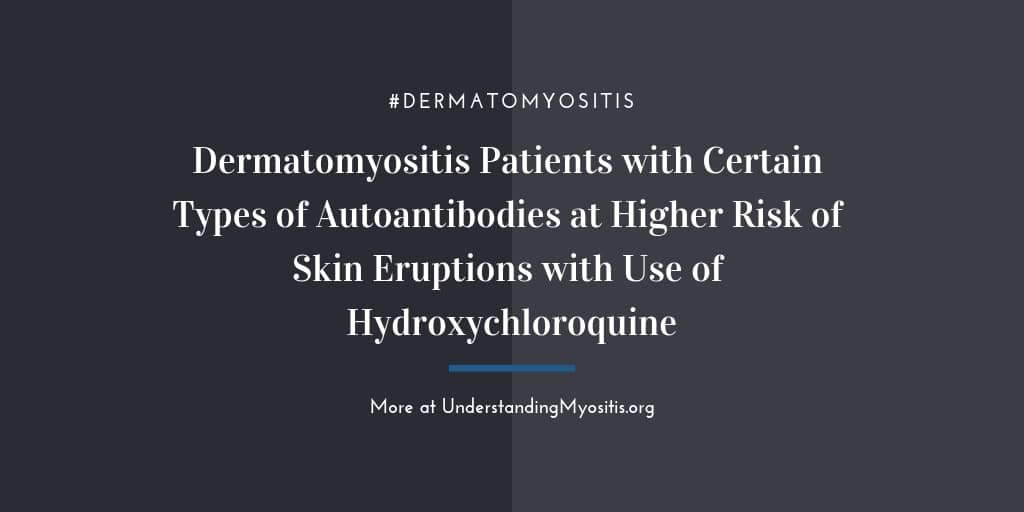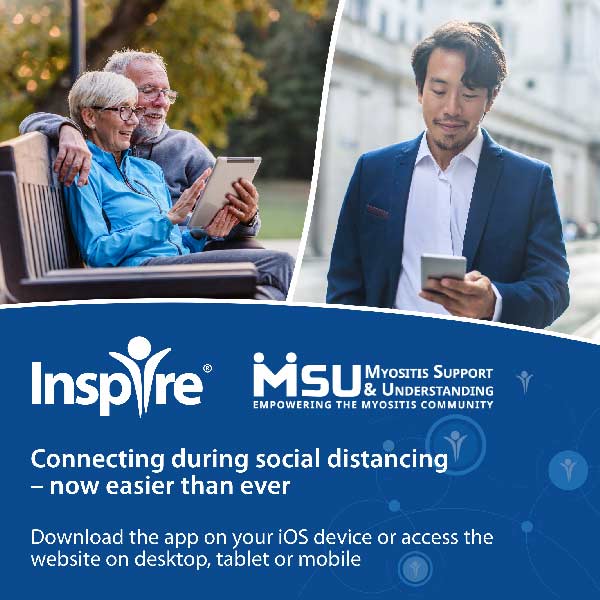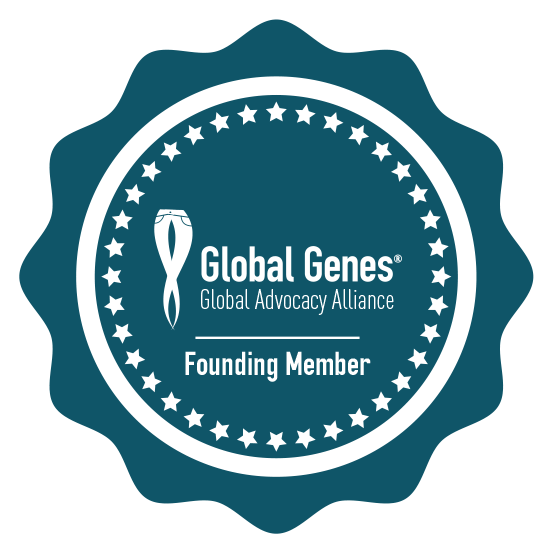Hydroxychloroquine is a medication prescribed for malaria but is also used to treat rheumatoid arthritis, lupus, dermatomyositis, and other autoimmune diseases. Hydroxychloroquine is commonly sold under the brand name Plaquenil.
Antibodies are cells that are a natural part of the human immune system. They help the immune system to recognize and remove foreign invaders such as unhelpful bacteria and viruses. In people with autoimmune diseases, antibodies turn on the body and are known as autoantibodies. Instead of marking foreign invaders they mark healthy cells for destruction by the immune system.
Scientists have identified numerous autoantibodies which are only found in people with certain autoimmune diseases. This identification helps in the diagnosis, characterization, and treatment of diseases.
In this study, the researchers set out to determine if there was a distinction between the type of autoantibodies present in dermatomyositis patients and the incidents of skin eruptions while taking hydroxychloroquine.
The researchers identified 111 dermatomyositis patients of a dermatology clinic in the U.S. who had begun taking hydroxychloroquine between May 1, 1990, and September 13, 2016. The 111 patients had also had one or more skin eruptions that occurred within four weeks of starting the hydroxychloroquine, which had cleared up after stopping the hydroxychloroquine. Twenty-three of the 111 patients had developed skin eruptions after taking the hydroxychloroquine.
The specific autoantibodies examined were:
- Transcription Intermediary factor 1γ (TIF-1γ)
- Nucleosome-Remodeling Deacetylase Complex (Mi-2)
- Nuclear Matrix Protein (NXP-2)
- Small Ubiquitin-like Modifier 1 Activating Enzyme (SAE-1/2)
- Melanoma Differentiation-Associated Gene 5 (MDA-5)
- Histidyl-Transfer RNA Synthetase (Jo-1)
- Ku
- Signal Recognition Particles (SRP)
Of the 111 patients, 23 developed hydroxychloroquine-related skin eruptions. Of the 23, 20 were women. Skin eruptions were three times more common in those with SAE-1/2 autoantibodies than those with skin eruptions who did not have SAE-1/2 autoantibodies. In other words, 14 people in the study had SAE-1/2 and 7 of those had skin eruptions (50%). But, of the 97 people without SAE-1/2, only 16 had skin eruptions (16.5%). None of the 15 patients with MDA-5 autoantibodies had skin eruptions, so patients with MDA-5 were found to significantly negatively associated with hydroxychloroquine-related skin eruptions. None of the other autoantibodies were significantly positively or negatively related to skin eruptions in the study group.
The significance of this study is the notion that there are differences in the nature of dermatomyositis depending on the type of associated autoantibodies that may impact the character and treatment of the disease. Further research is needed to examine this topic.
| Skin Eruptions | No Skin Eruption | |
| Total | 23 | 88 |
| SAE-1/2 | 7 | 7 |
| No SAE-1/2 | 16 | 97 |
| MDA-5 | 0 | 15 |
| No MDA-5 | 23 | 96 |










